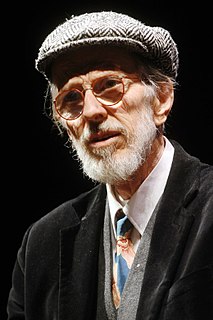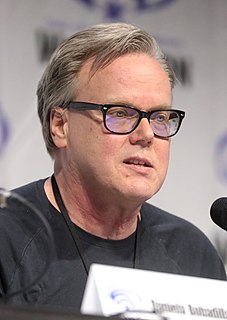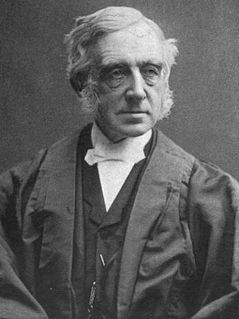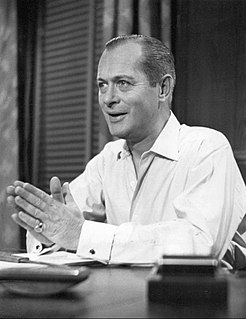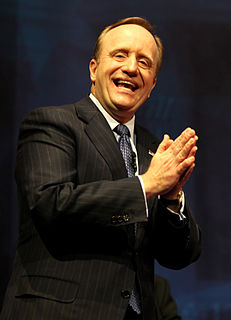A Quote by Robert Crumb
You don't have to be a Fundamentalist Christian to be interested in the Bible. It's really a fascinating mythology.
Quote Topics
Related Quotes
This withdrawal of theology from the world of secular affairs is made more complete by the work of biblical scholars whose endlessly fascinating exercises have made it appear to the lay Christian that no one untrained in their methods can really understand anything the Bible says. We are in a situation analogous to one about which the great Reformers complained. The Bible has been taken out of the hands of the layperson; it has now become the professional property not of the priesthood but of the scholars.
I went to a fundamentalist Christian high school and went to a fundamentalist church, and they were the greatest people; there was an amazing sense of community. The problem is when the messiness of real life enters, and the inflexibility of a moral code cannot cope with the realities of moral relativism.
I don't want to give the impression that I'm a great Bible reader. I don't sit down every day and read for an hour through the Bible. But I really do read it with a great deal of pleasure... which is the last thing I would have suspected. So I read it sometimes as a devotional, but really more, not for fun, but because it's fascinating.
I am really interested in who owns ideas of religion. What if I say I'm a libertarian, socialist, Occupy-supporting, anti-war, Christian? Is that a controversial idea? I don't see anything really in the original semiotics of Christianity, in the specific parable of the radical socialist Jew from Galilee who becomes the hero figure in the Homeric-word-of-mouth-gossip-novel that becomes the Bible that should make that a paradox.
The Bible is one long story of God meeting our rebellion with His rescue, our sin with His salvation, our guilt with His grace, our badness with His goodness. The overwhelming focus of the Bible is not the work of the redeemed but the work of the Redeemer. Which means that the Bible is not first a recipe for Christian living but a revelation book of Jesus who is the answer to our un-Christian living.
We can now say with considerable confidence that the Bible is not a history of anyone's past.... The Bible's "Israel" is a literary fiction... Not only have Adam and Eve and the flood story passed over to mythology, but we can no longer talk about a time of the patriarchs. There never was a "United Monarchy" in history and it is meaningless to speak of pre-exilic prophets and their writings... The Bible deals with the origin traditions of a people who never existed as such
